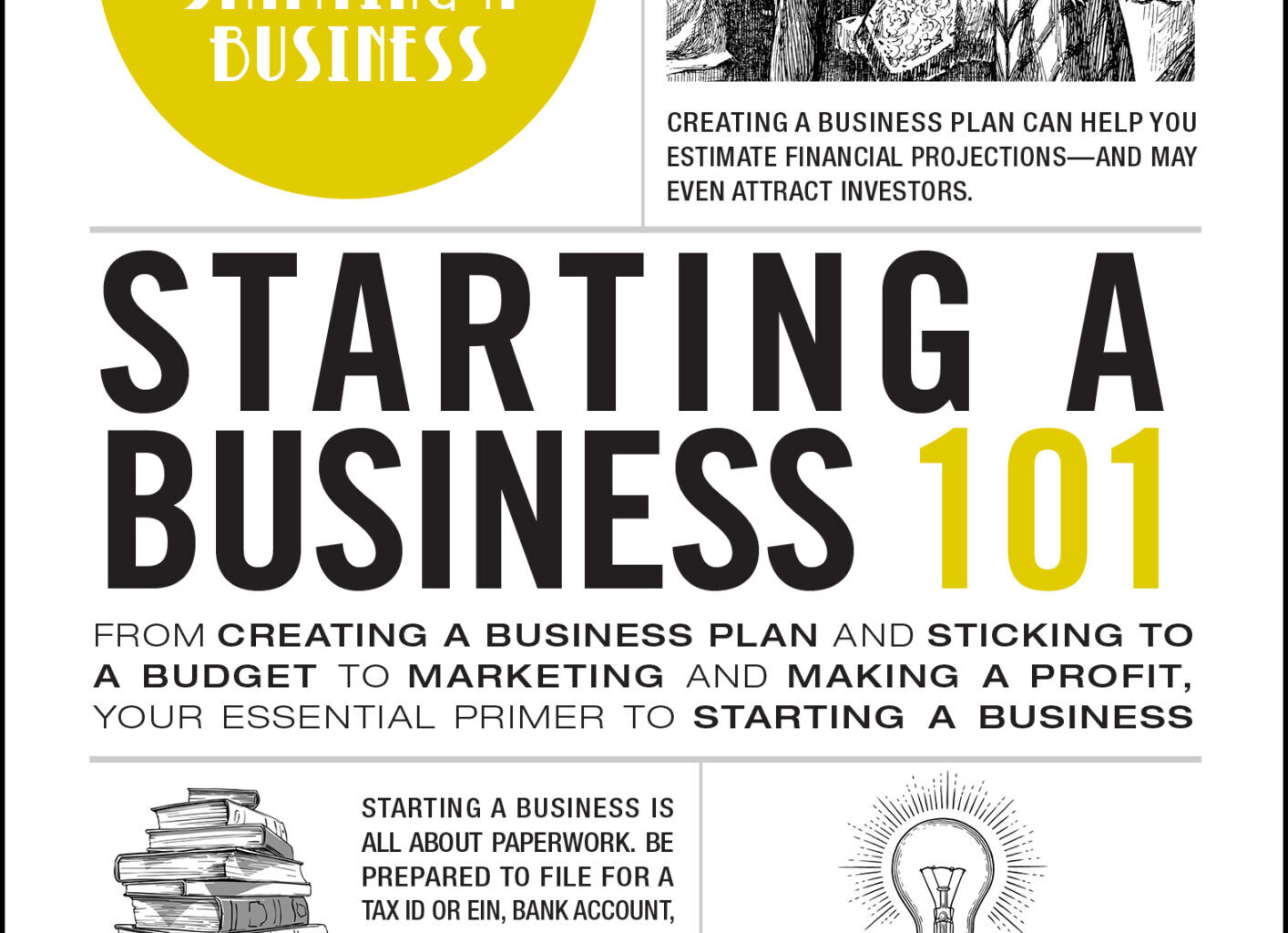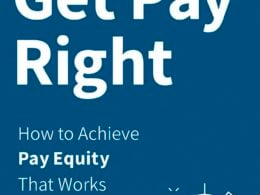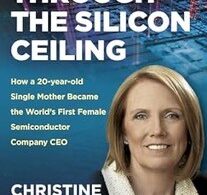The following is an excerpt from “Starting a Business 101” by Michele Cagan, a CPA, author and financial mentor with more than 20 years of experience helping clients break out of debt, minimize taxes, maximize income and build wealth.
When it comes to choosing the best business for you to start, there are many factors to take into consideration. As you’re trying to decide what to do, think about:
- How much do you care about the business you’re considering?
- Skill set. What do you already know how to do well?
- Industry expertise. What knowledge and experience can you bring to the business?
- Do you have the ability to get things done even when you don’t want to?
- How much cash can you contribute, raise, or borrow to fund your business while it’s in the start-up phase?
- How much money do you expect to spend on the business until it’s viable, and what do you plan to spend it on?
- Do you have the capacity to meet increasing demand or workload?
- Will people or businesses want to buy what you’re selling?
- Market saturation. How many other businesses are selling what you plan to sell?
12 Keys to Choosing and Building Your Best Side Hustle
Give yourself time and really think about the factors in relation to your personal interests, goals, and experience. Your business idea should score high on all—or at least most—of these factors. If it doesn’t, you might want to consider starting a different type of business.
For example, a company you’re passionate about and have a high level of expertise in won’t be successful if there’s no demand for what you plan to sell, or if the market is already oversaturated. At the same time, selling a product that’s in high demand with lots of room for growth when you have no interest in it and hate working on it can also lead to business failure.
Strive for a balance between your passion and knowledge and the market allowance.
Perfect Is the Enemy of Done
No business idea will score perfectly in every factor category. As you’re pondering what business you’d like to start, don’t aim for a perfect outcome. Instead, take your best idea—the one with the most potential—and get started. You’ll make mistakes, hopefully ones you can recover from and fix. If you wait for everything to be perfect, you’ll never launch.
Sign Up for The Start: A Newsletter Built for Entrepreneurs
Turn What You Love into What You Do
Passion projects can be fun and fulfilling, and turning them into a profitable business can satisfy both personal and professional goals. To start a business that you’ll be passionate about, think about the things you love to do and rank them from favorite to least favorite. Once you have that list, you can start brainstorming about possible ways to transform a passion into a viable business prospect.
Your next step is making a list of all the things you know how to do, the skill set you’ll bring to your fledgling company. Even if your passion and your current work don’t seem to have anything in common, you can probably still find some overlap in skills you’ll need. Include the skills you’d want to highlight on your resume, as well as the talents and abilities you would bring to the table. Examples of skills relevant to running a business include:
- Software and apps proficiency
- Editorial or copywriting experience
- Bookkeeping
- Data analysis
- Organization
- Time management
- Creativity
- Written and verbal communication
- Negotiation
- Research
In addition, make sure to list all the skills necessary to create the products or provide the services you plan to sell, such as carpentry or acupuncture. These will be specific to this particular business, as opposed to the general business skills listed above.
What You Have and What You Need
Your next step will be to take an inventory of your resources. This list will include things like cash, credit lines, equipment, physical space, and other assets you already have on hand that can be used to launch your business. When you know what resources you have, you’ll be able to determine what else you’ll need to get your company started.
Once you’ve got your physical resources sorted, it’s time to focus on your knowledge and experience. This is different than your skill set, or the things you can do. It’s more about your industry knowledge and expertise, whether you gained that knowledge through a job, a volunteer program, or your life experience. These resources include things like knowing which suppliers deliver on time and offer beneficial payment terms, for example. You’ll also want to include any licenses and certifications you’ve earned. Resources can also include your network of colleagues, contacts, and mentors.
Level Up Your Digital Skills: Free Right Now with Verizon Small Business
External Factors
Once you’ve catalogued everything you can bring to the business, it’s time to look at the market and see whether your business proposition has a chance. For your business to succeed, there needs to be demand for whatever you’re selling, room for your business in the market, and the capacity to grow when (or even before) demand makes that necessary. You can learn about the first two—demand and market saturation—by conducting thorough market research.
Scalability can be a little harder to pin down. Your business will need the capacity to grow as demand grows, increasing efficiency and profitability. A business that depends 100% on you to perform services, for example, won’t be scalable in terms of increased demand but can be scalable in terms of profitability. However, if you can bring on employees or partners to share that workload, you could make your business more scalable. Scaling too early or too late can lead to business failure, so it’s important to listen closely to the demands of your client base.
This excerpt from “Starting a Business 101” by Michele Cagan is available on Amazon. It is reprinted with permission from Adams Media, an imprint of Simon and Schuster. Copyright 2023.






